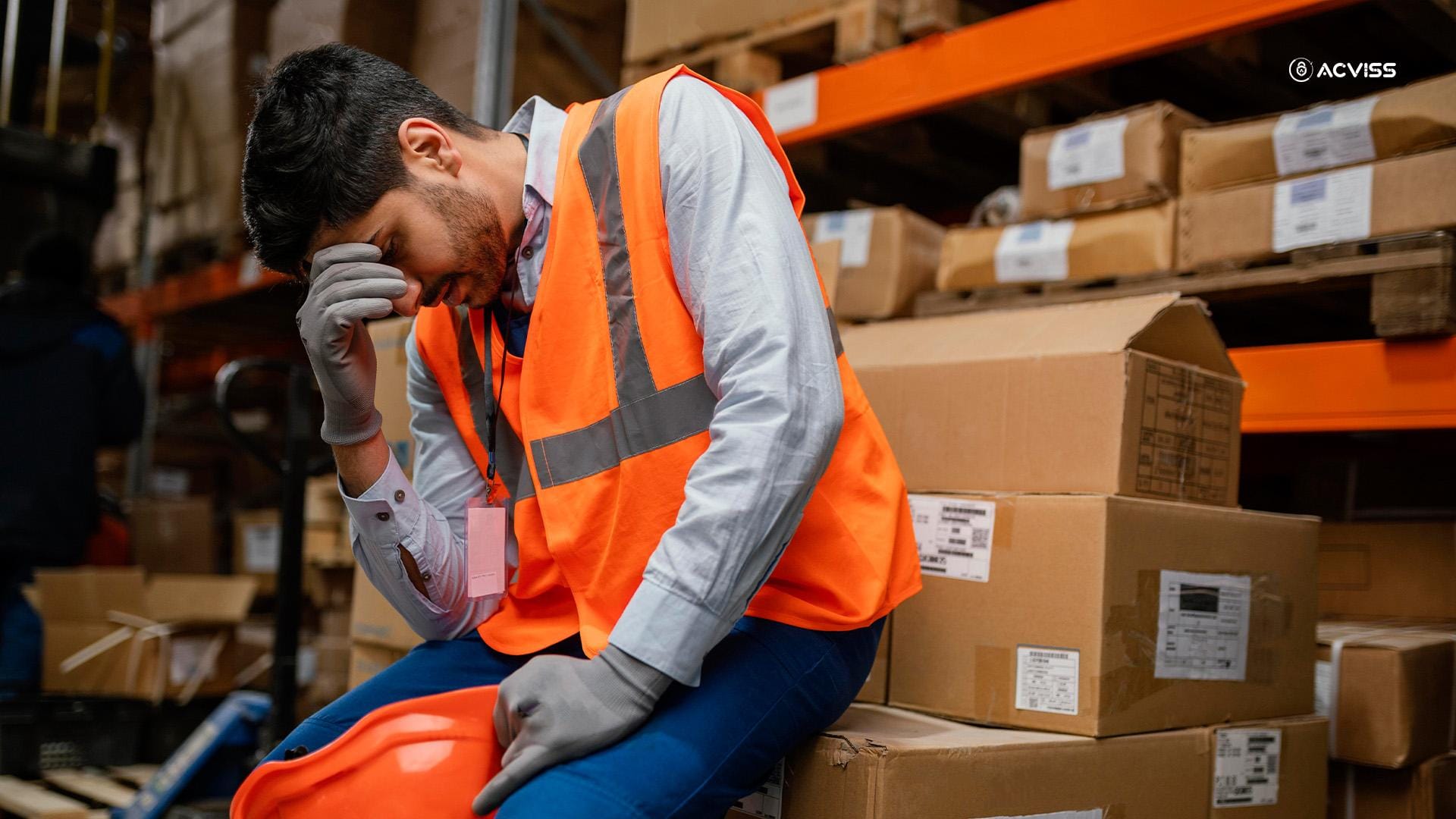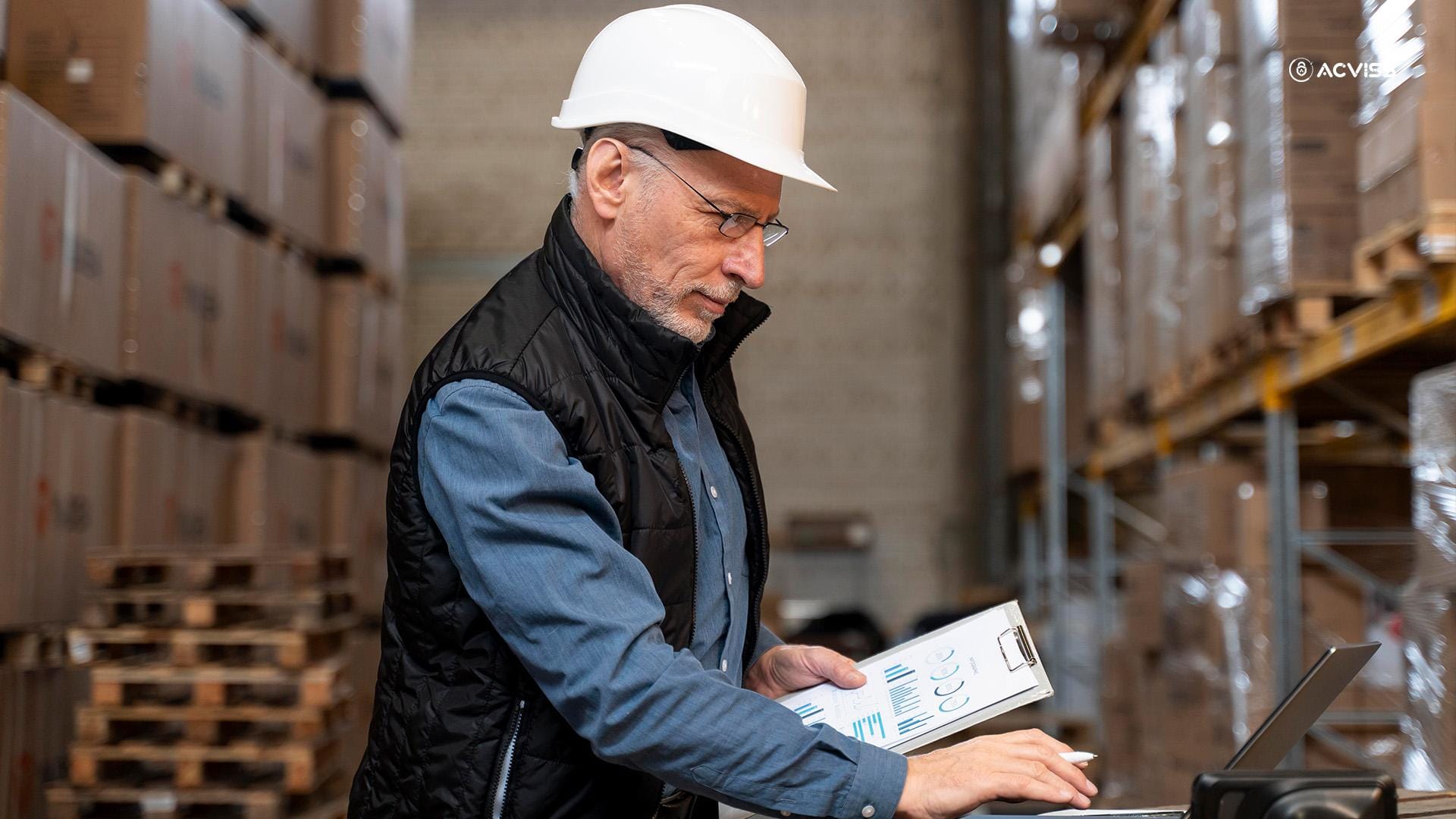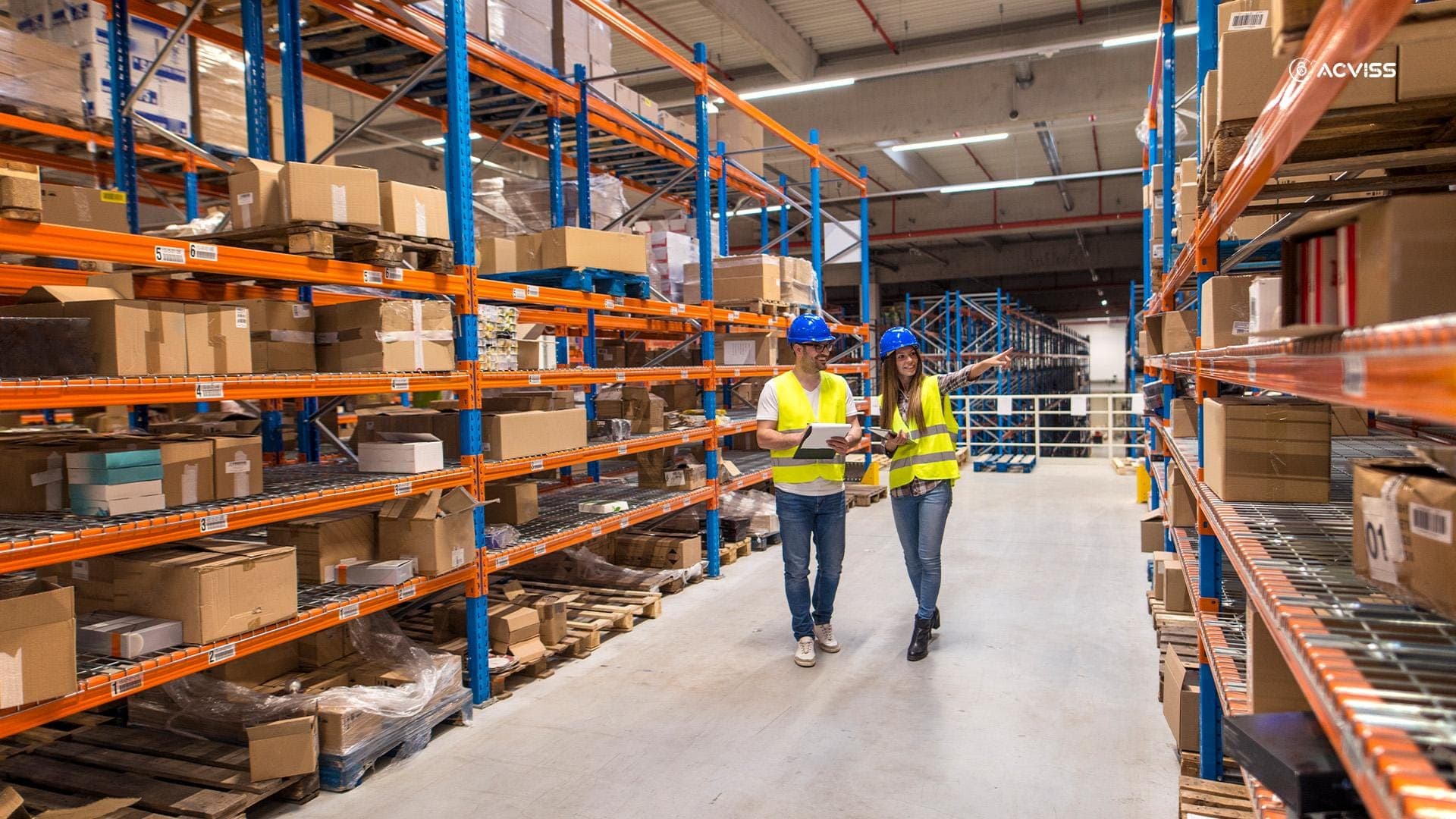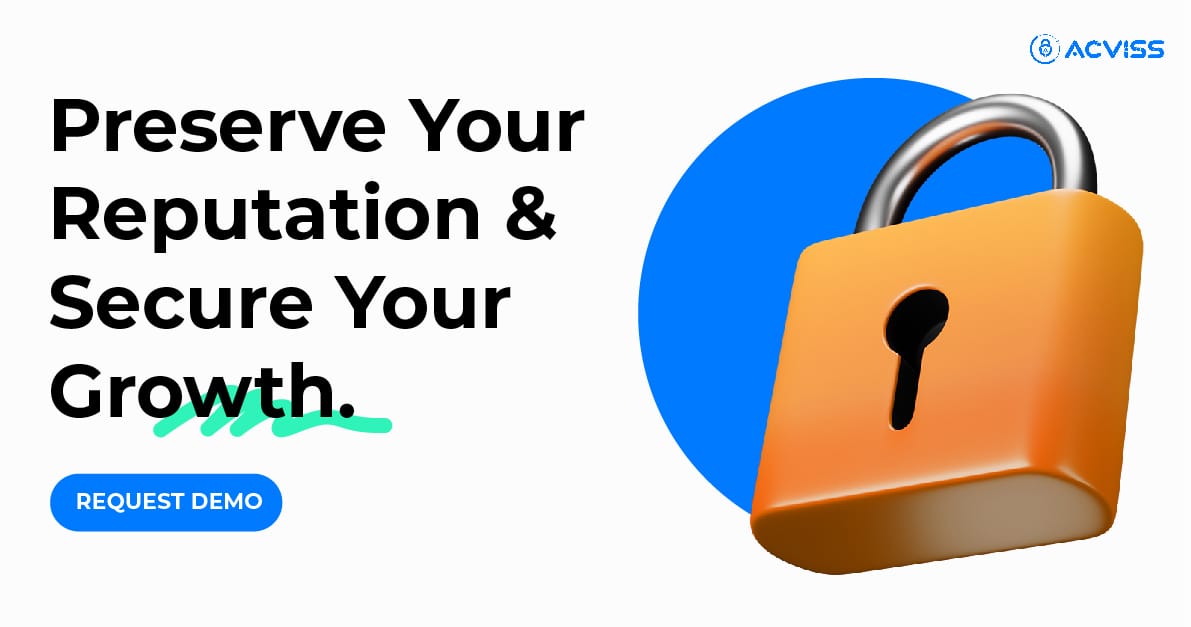Why Traceability Isn’t Optional Anymore: Global Regulations You Can’t Ignore

The not-so-distant past showed us that traceability in supply chains was considered a best practice, something nice to have, a marker of operational excellence. But that’s no longer the case. Today, it is a legal expectation, a brand reputation safeguard, and a strategic requirement. The world’s regulatory climate is shifting, and businesses that continue to treat traceability as optional are placing themselves and their customers at risk.
The Pressure Is Building: What’s Driving the Demand for Traceability?
At the heart of this shift is a perfect storm of global factors: tightening government regulations, a rise in counterfeiting, consumer demand for transparency, and increasingly complex supply chain networks. Governments want accountability. Consumers want safety and honesty. Brands want protection. And traceability, quite simply, is the connective tissue that holds it all together.
Over the past five years, legislation mandating end-to-end product traceability has taken hold across industries, particularly in food, pharmaceuticals, automotive, electronics, and cosmetics. From the European Union’s Digital Product Passport framework to India’s BIS compliance and the United States’ Food Safety Modernisation Act (FSMA), global authorities are raising the bar.
A Snapshot of Global Regulatory Shifts
Let’s take a closer look at what’s happening around the world:
1. European Union: Digital Product Passport
The EU’s Green Deal has introduced the idea of a digital record that follows a product throughout its lifecycle. This “passport” will become mandatory across several industries, providing instant access to data about the product’s origin, composition, compliance status, and more. It’s traceability redefined.
2. United States: FSMA Rule 204
The U.S. Food and Drug Administration’s Final Rule for Food Traceability mandates detailed recordkeeping for certain high-risk foods, requiring businesses to keep track of Key Data Elements at every Critical Tracking Event. The goal: minimise the impact of outbreaks and speed up recalls.
3. India: BIS and Agrochemical Labelling
Closer to home, India has tightened its norms around agrochemical inputs and electronics. With barcoding and product authentication becoming central to regulatory enforcement, traceability isn’t a suggestion; it’s a requirement. Non-compliance risks not just fines, but exclusion from the market.
4. China: Cosmetics and Pharma
China’s National Medical Products Administration (NMPA) now requires track and trace systems for both imported and domestic cosmetics and pharmaceuticals. QR code labelling, batch-level authentication, and upstream-downstream data reporting are mandatory.
The message is clear: regulators aren’t just encouraging traceability; they’re enforcing it.
Beyond Compliance: The Risk of Ignoring Traceability

Failing to implement robust track and trace systems isn’t just about non-compliance. It opens the floodgates to counterfeiters, threatens brand reputation, and weakens consumer trust. According to the OECD, trade in counterfeit goods now accounts for 3.3% of global trade, a staggering figure that shows no signs of slowing down.
When counterfeit products enter your supply chain or reach your customer base, the consequences are severe: health hazards, warranty fraud, IP theft, loss of consumer loyalty, and regulatory fines.
Take, for example, the counterfeit electronics issue that plagued a leading mobile accessory brand in Southeast Asia. Despite high-end packaging, the brand lacked proper product authentication. Within months, online marketplaces were flooded with near-identical fakes. Warranty claims skyrocketed. Trust plummeted. Eventually, the company turned to digital anti-counterfeiting solutions, but the damage had already been done.
Traceability Is the Foundation of Brand Protection
So, where does this leave brand owners and supply chain leaders?
At its core, traceability isn’t about surveillance; it’s about assurance. It helps you know where your product is, where it’s been, and where it’s going. It’s how you respond to a recall in hours, not days. It’s how you prove compliance during audits. And it’s how you reassure customers that the product in their hands is real, safe, and certified.
More importantly, traceability supports IP protection and trademark enforcement. By verifying each product unit with a unique identity, you make your brand clone-proof and your supply chain fraud-resistant.
In an era where digital and physical worlds overlap, product verification technologies, such as secure QR codes, blockchain tracking, and mobile-based brand authentication, act as your first line of defence. These tools don’t just track goods; they track trust.
Not All Traceability Systems Are Created Equal

While many businesses rush to implement traceability for compliance reasons, few stop to consider how scalable or future-proof their solutions are. Some rely on manual logs. Others use disparate systems with limited integration. But to truly secure your brand and supply chain, you need traceability that is:
- Digital-first: Systems that go beyond paper trails and enable real-time access to data.
- Non-cloneable: Each product unit should carry a unique, secure identity that can’t be replicated.
- End-to-end: From sourcing to post-sale engagement, traceability should follow the entire product lifecycle.
- Customer-facing: Consumers should be able to verify authenticity with a simple scan or click.
This isn’t about technology for technology’s sake. It’s about business resilience. The traceability tools you choose today will define your market access tomorrow.
Preparing for a Traceable Future: Questions to Ask
If your brand is still unsure whether it’s time to invest in full-scale track and trace solutions, ask yourself:
- Can you instantly trace the source of any product batch?
- Do you have mechanisms in place to detect and report counterfeits?
- Is your packaging integrated with product authentication features?
- Are you audit-ready in case of a regulatory inspection?
- Can your end consumers verify the authenticity of your products independently?
If the answer to any of these is ‘no’, you’re not just behind, you’re vulnerable.
Where Brands Can Begin

For many brands, especially SMEs or those in fast-moving consumer categories, implementing traceability solutions can seem overwhelming. But it doesn’t have to be.
Start small. Begin with high-risk product lines or markets. Implement product verification and brand authentication tools where counterfeiting is most rampant. Educate your teams on the risks and regulatory requirements. And most importantly, partner with experts who understand both compliance and consumer engagement.
That’s where Acviss comes in.
Traceability as a Strategic Imperative
Traceability isn’t about checking a compliance box anymore. It’s about enabling agility, protecting your brand equity, and preparing your business for the next era of global trade.
As regulatory bodies tighten their grip and counterfeiters become more sophisticated, brands must evolve from passive compliance to proactive IP protection. Transparency isn’t a burden, it’s a differentiator. Traceability isn’t a cost, it’s an investment in trust.
And if you’re wondering how to do this without turning your supply chain upside down, Acviss offers a subtle, scalable way forward.
Acviss Origin solution combines blockchain-powered track and trace with non-cloneable authentication to deliver traceability that’s not only compliant but also brand-enhancing. Whether you're building transparency for regulators or trust for customers, Origin helps you trace every product, verify every claim, and protect every identity.
Interested in building a traceable, verifiable product experience? Let Acviss help you create a future where every product tells its own story, genuinely. Learn more about our product authentication and traceability solutions from our experts!
